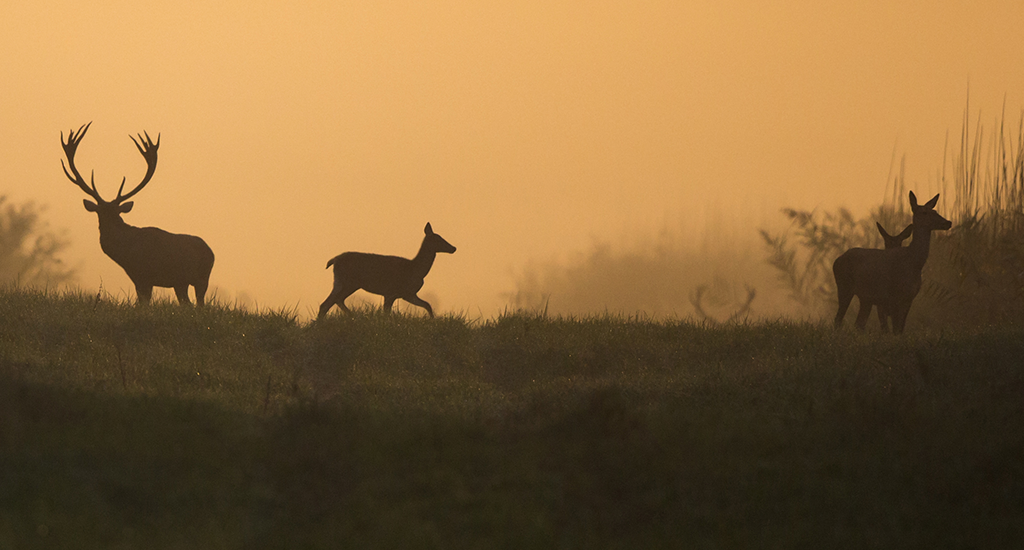trophy hunter
È stato a Islay che poco tempo fa una trophy hunter americana e un suo amico hanno abbattuto un cervo, un ariete e, per buona misura, qualche capra selvatica, postando poi sui social delle foto in cui appaiono con i loro trofei.

trophy hunter – sostantivo
trophy hunting – sostantivo
Death threats for American trophy hunter who killed Islay goat.
Trophy hunters are applauding the idea of a weakened Endangered Species Act.
This type of vainglorious trophy hunting has no place in modern Scotland.
“The ban on trophy hunting [in Botswana] has been good for conservation – there’s no two ways about it,” he says.
In un recente soggiorno nella ‘regina delle Ebridi’, la bellissima isola di Islay, non mi sono imbattuta in nessun cacciatore, anche se l’attività venatoria in questa parte della Scozia ha un calendario lungo e variegato. È stato proprio a Islay che poco tempo fa una trophy hunter americana e un suo amico hanno abbattuto un cervo, un ariete e, per buona misura, qualche capra selvatica, postando poi sui social delle foto in cui appaiono con i loro trofei.
Le reazioni di disgusto nei confronti delle foto e relative didascalie non si sono fatte attendere, e in molti hanno criticato l’uso spropositato di armi ad alta potenza per uccidere questo tipo di animali, non esattamente prede da caccia grossa… Qualcun altro ha tentato di giustificare i due cacciatori col fatto che l’abbattimento selettivo delle tre specie in questione non solo è assolutamente legale (nelle riserve di caccia private) ma necessario per proteggere un ambiente sempre più fragile.
Origini del termine
Trophy hunting e trophy hunter sono entrambe parole composte formate da trophy e hunting o hunter. In inglese il termine huntress, usato dalla cacciatrice americana per descriversi, non è molto usato al giorno d’oggi, così come altri femminili – pensiamo a poetess, authoress e, in qualche misura, actress.
Traduzione di Loredana Riu
trophy hunter – noun
trophy hunting – noun
Death threats for American trophy hunter who killed Islay goat.
Trophy hunters are applauding the idea of a weakened Endangered Species Act.
This type of vainglorious trophy hunting has no place in modern Scotland.
“The ban on trophy hunting [in Botswana] has been good for conservation – there’s no two ways about it,” he says.
On a short trip to the beautiful Scottish island of Islay recently I didn’t come across any hunters, although hunting of various kinds takes place there throughout the season. The island was in the news after an American trophy hunter posted photographs of herself and her companions posing with their kills, which included a stag, a few feral goats and a ram.
While many were disgusted by the photographs and the boastful commentary that accompanied them, others were scornful of self-styled ‘hardcore hunters’ who use high-powered weapons to bring down animals not generally regarded as suitable targets for hunting. Some defended the hunters on the grounds that culling of all three species is completely legal on private land and is widely agreed to be necessary in order to protect fragile environments.
Origin
Trophy hunting and trophy hunter are both compound nouns. They are formed from trophy, which refers to a part of an animal, often the head and horns, displayed by the person who has killed it as proof of their prowess, and hunting or hunter. The term huntress, which the Islay hunter uses to describe herself, is not much used nowadays, having fallen out of favour like other words specifically applied to female practitioners, such as poetess, authoress and to some extent actress.



